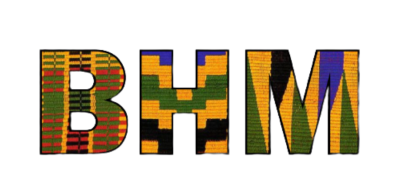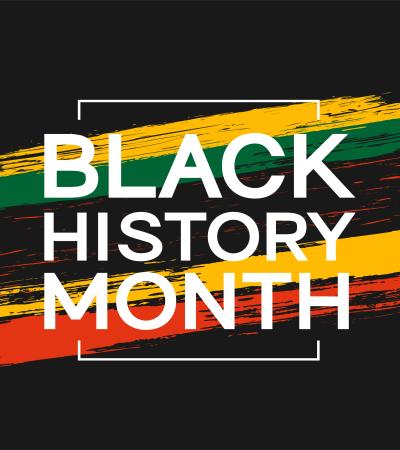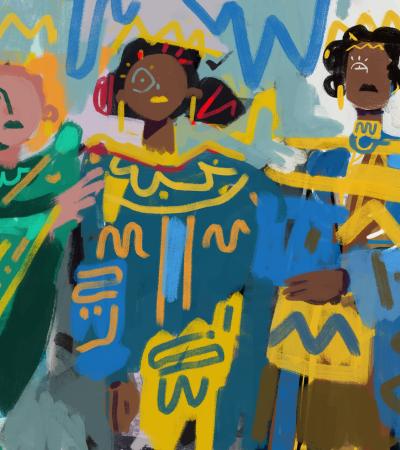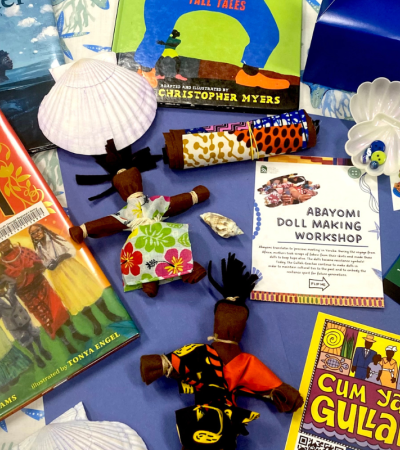What kinds of Black History Month (BHM) programming do you offer at your library? Who does the BHM programming at your library? Approximately how many BHM programs do you conduct each year?
These three questions, among others, were asked in a preliminary study conducted in 2020 through an IMLS-funded Planning Grant awarded to the Black Caucus of the American Library Association. A Taxonomy of Black History Month Programming in Public Libraries examined at a high overview the types, focus, content and scope of BHM programming. The results from the preliminary study were analyzed to get a general sense of the landscape of BHM programming in public libraries.

A first-of-its-kind study
The preliminary findings from the online questionnaire (completed by 279 librarians), found that 13% of the district library systems and 22% of the library branches who completed the survey did not conduct BHM programming at all.
Libraries without BHM programming indicated not being sure how to do such programming as the most important reason followed closely by “lack of interest” and lack of African Americans to create the program and lack of African Americans in the community. View the full list of key findings.
The BHM Programming Taxonomy was created based on the results from the online questionnaire. Some of the general types of programming included very similar activities that public librarians traditionally do; Talks/Discussions, Informational Resources, Crafts, Performances, Demonstrations/Classes, and Contests. Only the content of that programming was different for Black History Month.
In 2022, the University of Michigan Institute for Social Research, in partnership with BCALA and the Public Library Association, received an IMLS Applied Research Grant for the project, Developing a Model of Black History Month Programming in Public Libraries (LG-252300-OLS-22).
Building upon the preliminary findings, the new study will explore the current state of BHM programming with a nationally representative sample of public libraries, build a model of BHM programming, create a BHM Programming Index and develop a beta version of a toolkit for staff at public libraries.
Strengthen the future of Black History Month programming in public libraries
As the team continues this groundbreaking study, your public library might be selected through an email invitation to participate for Pilot #1 near the end of October 2023. Participation is easy! Please respond to the email invitation from the research team (library.project@umich.edu) with the subject line: ATTN: Library Director.
What if my library doesn’t have Black History Month Programming? Your voice is important and the team wants to hear from you! Please respond to the invitation if you receive it.
Even if your library is not selected to participate in the national survey, consider the following questions from the BCALA’s Black History Month website:
- What kinds of BHM programming do you offer at your library?
- Who does the BHM programming at your library?
- How do you generate ideas or decide on the BHM programming every year?
- Do you utilize the annual Black History Month theme?
- Is there too much reliance on one type of programming?
- Is your library a member of ASALH?
- If you do not do BHM programming at your library: why not? What would have to happen to change?
This project is conducted by the University of Michigan in partnership with the Black Caucus of the American Library Association and the Public Library Association. This project was made possible in part by the Institute of Museum and Library Services grant - LG-252300-OLS-22.



